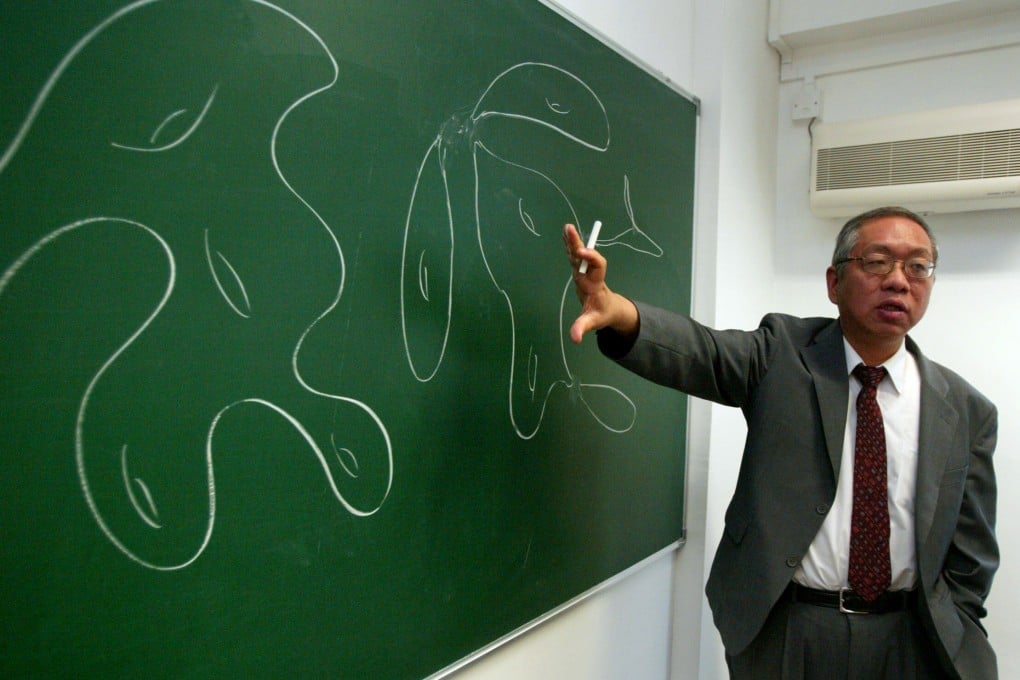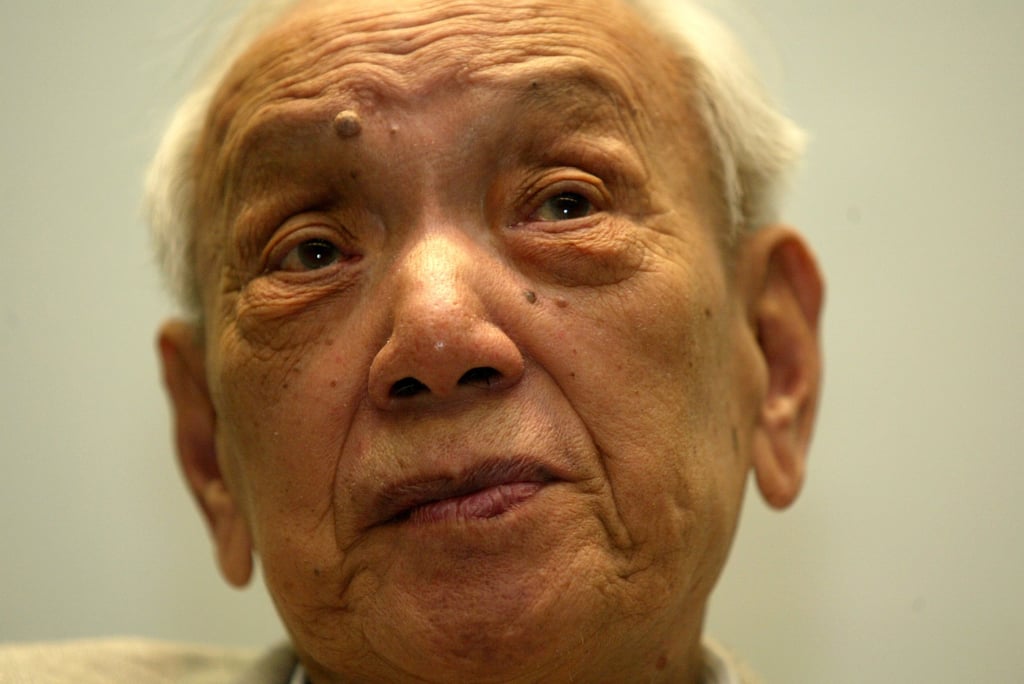Chinese-born maths genius leaves Harvard to help China become a powerhouse on subject
- Yau Shing-Tung, the first Chinese winner of the prestigious Fields Medal, will be chair professor in mathematics at Tsinghua University
- 73-year-old aims to ‘take over the torch’ passed down by late teacher and modern geometry pioneer Chern Shiing-shen

“This is a major decision in his life,” said a colleague of Yau’s from the Chinese Academy of Sciences in Beijing.
Although Yau, 73, had spent a lot of time teaching for free in China in recent years, the new move means “he’s ready to leave five decades of life in the US behind, and devote all his time and energy to promoting the development of maths in China,” said the colleague, who did not wish to be named.
Yau, who was with Harvard University since 1987 and retired as the William Caspar Graustein professor of mathematics, joins Tsinghua as a chair professor in mathematics.
Born in China’s southern Guangdong province in 1949, Yau was raised in neighbouring Hong Kong and studied maths at the Chinese University in the 1960s before earning his PhD from the University of California, Berkeley, under the supervision of Chern.
